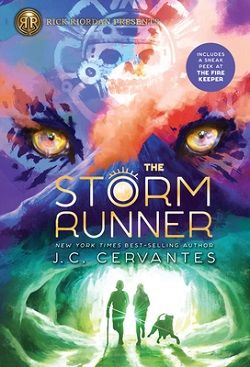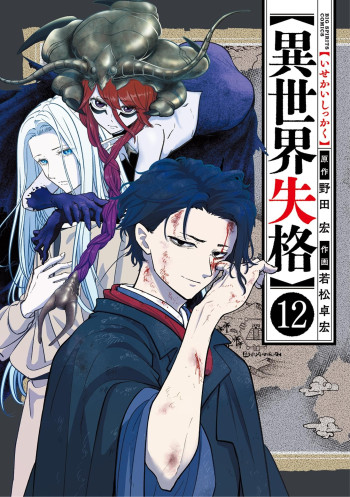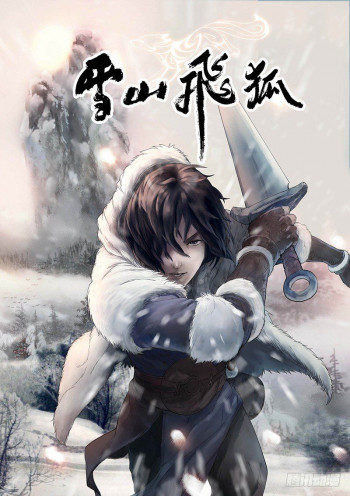The Storm Runner, the first book in a captivating series by J.C. Cervantes, invites readers into a vibrant world steeped in Maya mythology, where adventure, humor, and heart intertwine. The story centers around Zane Obispo, a young boy navigating the challenges of middle school while grappling with the physical limitations imposed by his disability. Living in New Mexico, Zane finds solace in exploring a dormant volcano, unaware that this seemingly ordinary location is a gateway to extraordinary realms and pivotal destinies.
The narrative begins with Zane's struggles against the taunts of his peers, who mockingly refer to him as "Sir Limps a Lot" and "McGimpster." These experiences resonate deeply, as they reflect the harsh realities of bullying and the quest for acceptance that many young readers can relate to. Cervantes skillfully portrays Zane's internal conflict, showcasing his resilience and determination to embrace his identity despite the challenges he faces. This theme of self-acceptance is a powerful undercurrent throughout the novel, encouraging readers to find strength in their uniqueness.
When Brooks, a new girl at school, enters Zane's life, the story takes a thrilling turn. She reveals to him that he is at the center of a prophecy that could unleash an evil god imprisoned within an ancient Maya relic. This revelation sets the stage for an exhilarating adventure that blends elements of fantasy with rich cultural lore. The dynamic between Zane and Brooks is particularly engaging; their friendship evolves as they confront both external threats and their own insecurities. Brooks, who possesses her own unique abilities, serves as a catalyst for Zane's growth, pushing him to confront his fears and embrace his destiny as the Storm Runner.
The author does an exceptional job of weaving Maya mythology into the narrative, introducing readers to a pantheon of gods, demons, and mystical creatures. The world-building is immersive, with vivid descriptions that bring the ancient tales to life. Cervantes's ability to balance humor with the gravity of the situation is commendable; moments of levity punctuate the tension, making the story accessible and enjoyable for younger audiences. The inclusion of Zane's loyal dog, Rosie, adds an emotional layer to the tale, highlighting themes of loyalty, bravery, and the bond between humans and animals. Rosie's fierce determination to protect Zane during their perilous journey is both heartwarming and inspiring.
As Zane and Brooks delve deeper into the mysteries of the volcano, they encounter a series of challenges that test their courage and ingenuity. From battling demons to navigating treacherous caves, the action is relentless and engaging. Cervantes's writing style is fast-paced, ensuring that readers remain captivated from start to finish. The stakes escalate as Zane learns more about his heritage and the responsibilities that come with it, particularly as he discovers that one of the gods involved in the conflict is his father. This revelation adds complexity to Zane's character, forcing him to grapple with questions of identity, loyalty, and the nature of good and evil.
The themes of family and legacy are intricately woven into the narrative. Zane's journey is not just about defeating an evil god; it is also about understanding his place within a larger story that spans generations. The exploration of familial relationships, particularly the bond between Zane and his father, adds depth to the plot. Zane's struggle to reconcile his feelings towards his father, who is both a source of power and potential danger, is a poignant aspect of the story that resonates with readers of all ages.
Moreover, Cervantes's portrayal of disability is both authentic and empowering. Zane's physical challenges do not define him; rather, they become a part of his identity that he learns to navigate. His journey towards self-acceptance and empowerment serves as an inspiring message for young readers, encouraging them to embrace their own challenges and recognize their strengths. The narrative subtly conveys that true heroism lies not in physical prowess but in courage, determination, and the willingness to stand up for what is right.
In comparison to other middle-grade fantasy novels, such as Rick Riordan's Percy Jackson & The Olympians series, The Storm Runner stands out for its unique cultural perspective and rich incorporation of Maya mythology. While Riordan's works often draw from Greek and Roman myths, Cervantes offers a fresh take that introduces readers to a lesser-known but equally fascinating mythological tradition. The humor, adventure, and relatable characters in both series make them appealing to a similar audience, yet Cervantes's focus on themes of disability and cultural heritage adds a distinctive layer to her storytelling.
Overall, The Storm Runner is a delightful and engaging read that captivates the imagination while imparting valuable life lessons. J.C. Cervantes has crafted a story that is not only entertaining but also thought-provoking, encouraging readers to embrace their individuality and confront their fears. With its rich tapestry of mythology, relatable characters, and a plot filled with twists and turns, this book is sure to resonate with young readers and leave them eagerly anticipating the next installment in Zane's journey. Whether you're a fan of fantasy, mythology, or simply looking for a heartfelt story about friendship and courage, The Storm Runner is a must-read.
























Reviews 0
Post a Reviews: